Peters, Cervantes, and Villanueva rally to protect immigrant workers against retaliation
- Details
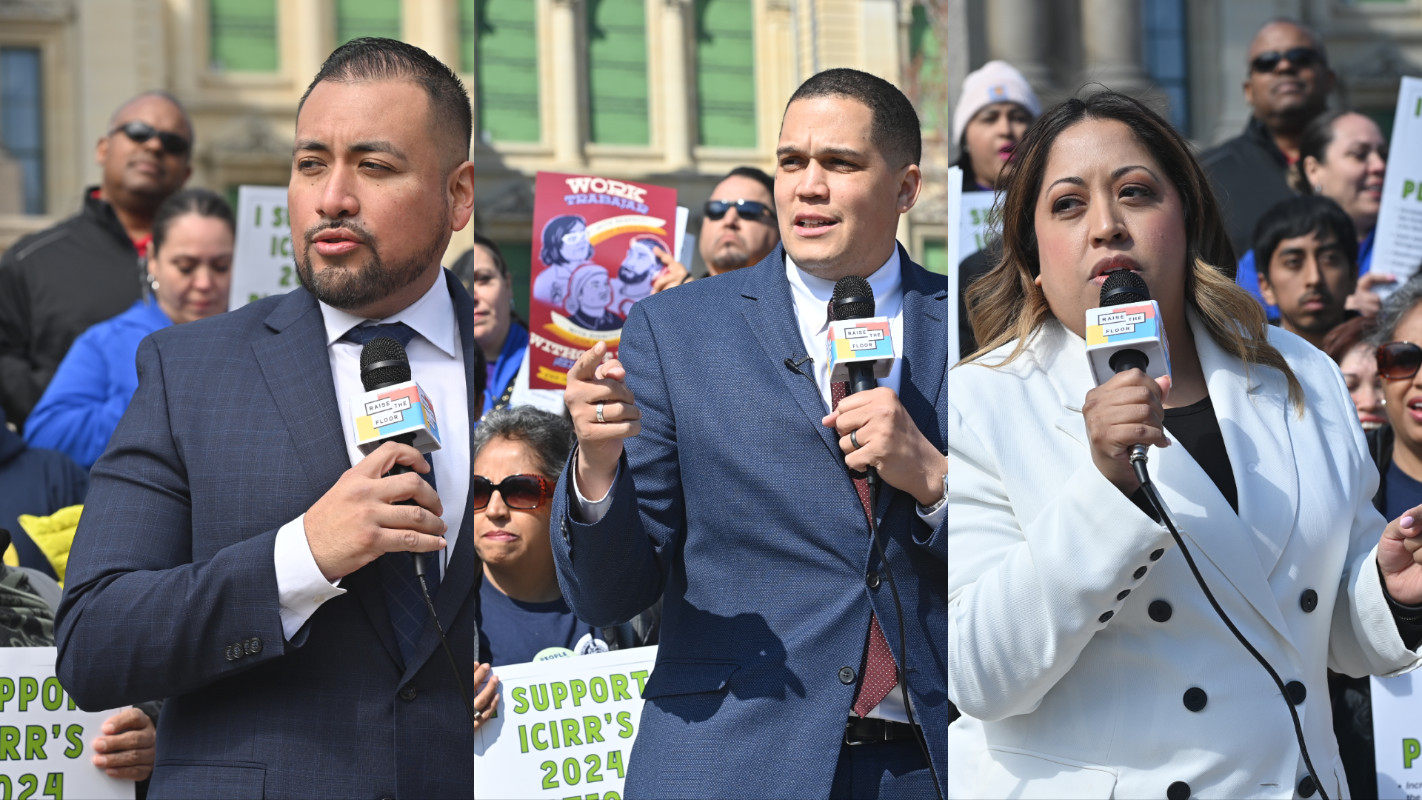
SPRINGFIELD — Members of the Senate Democratic Caucus, including State Senators Robert Peters, Celina Villanueva, and Javier Cervantes, joined representatives from Raise the Floor Alliance in support of a new initiative to expand protections against worker retaliation based on an employee’s immigration status.
“As the proud daughter of hardworking Mexican immigrant parents and a Senator representing an immigrant community, I will always fight for working class people and immigrants in my community and throughout the state,” said Villanueva (D-Chicago). “We must demand dignity and respect for all Illinois workers, including immigrants, who have been exploited by their employers for too long.”
If workers are targeted for speaking up against labor violations such as wage theft, discrimination and sexual harassment, they are being retaliated against, and are entitled to protections under current labor laws. However, current law does not consider threats to call immigration authorities, or other forms of immigration-based threats as “retaliation.” This oversight has left many employees who have experienced retaliation based on their immigration status or perceived status unprotected and vulnerable to wrongful treatment or termination.
Read more: Peters, Cervantes, and Villanueva rally to protect immigrant workers against retaliation
Turner, Faraci: USPS should listen to our community
- Details
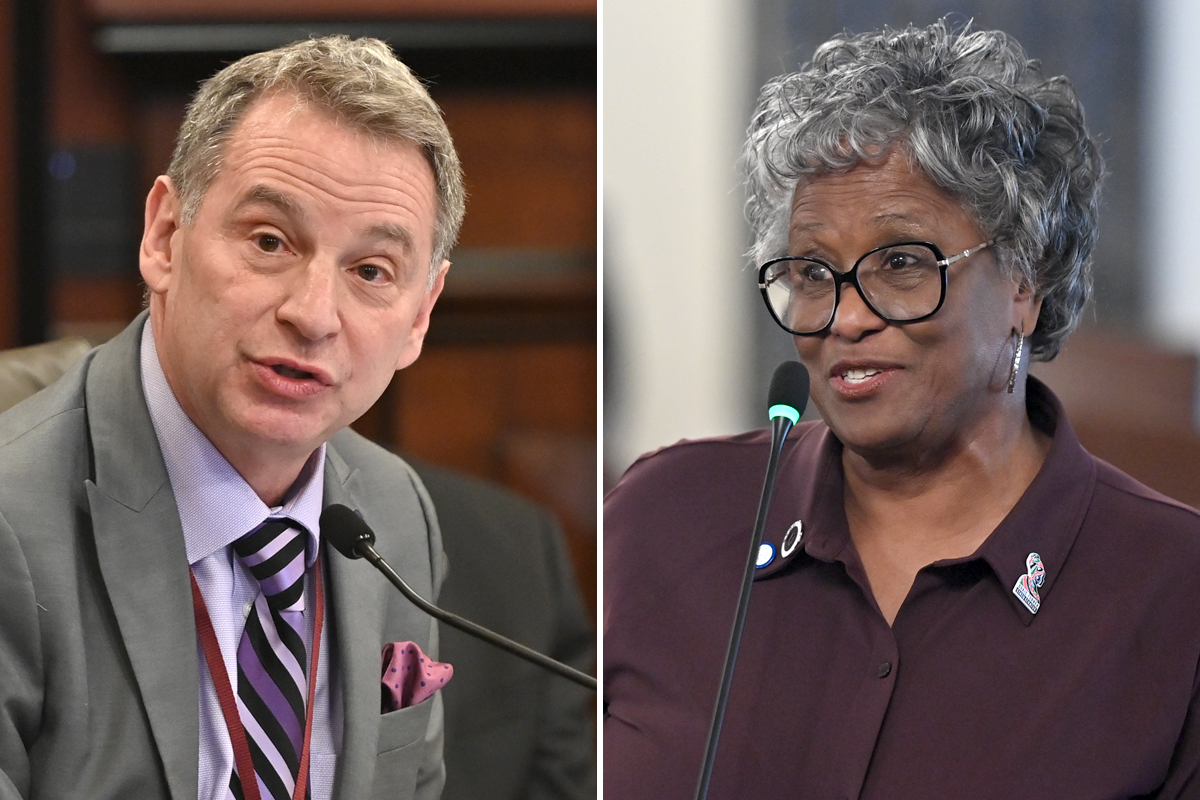
SPRINGFIELD – State Senators Paul Faraci (D-Champaign) and Doris Turner (D-Springfield) released the following statement in response to the United States Postal Service’s recommendations to downsize facilities in Central Illinois and move mail service to larger cities:
“We can’t risk our mail being diverted to St. Louis and Chicago. Moving local mail to post offices far from Central Illinois will not only slow down service, but also create life threatening hardships for those who rely on reliable mail service for their medication needs. Under these recommendations, Springfield, Champaign and surrounding communities will be directly impacted.
“Additionally, jobs will be lost or displaced, hurting our local economy, uprooting families and the increased wait times for mail will negatively impact our small businesses.
Read more: Turner, Faraci: USPS should listen to our community
Preston leads measure to address antiquated officer hiring
- Details
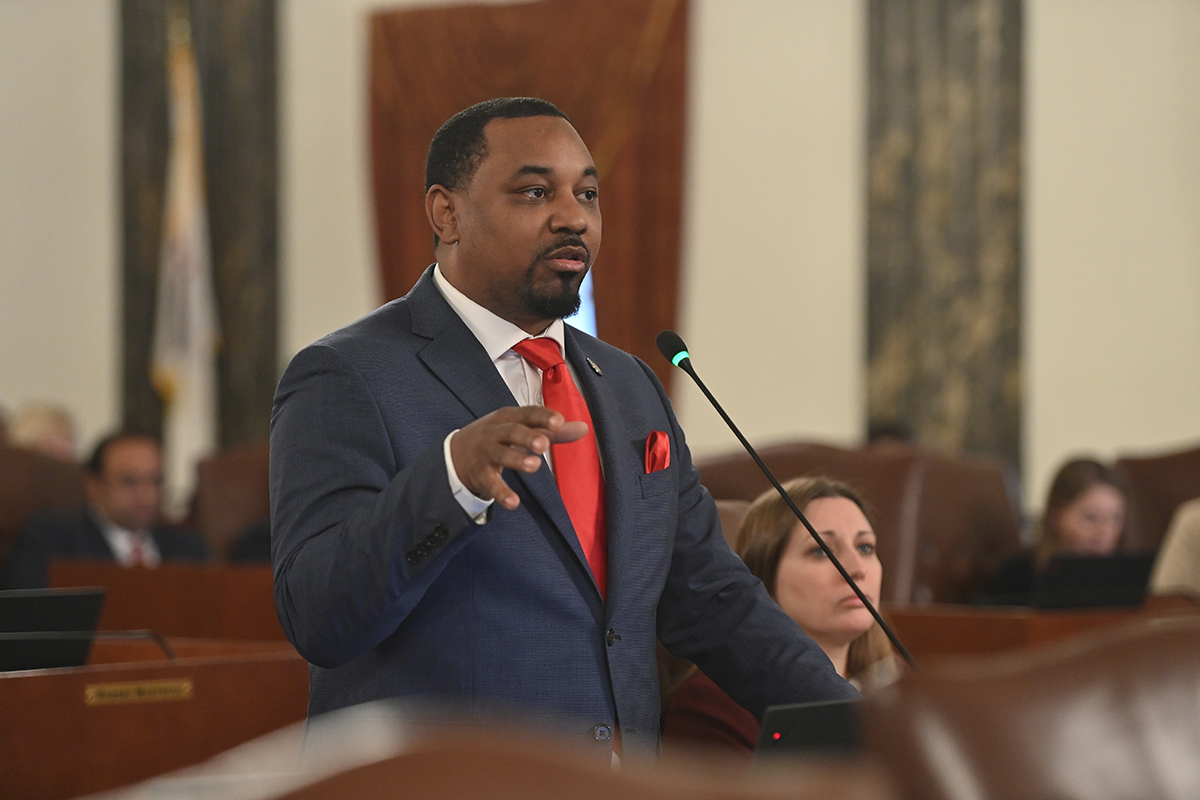
SPRINGFIELD — To diversify the state’s pool of law enforcement officers, State Senator Willie Preston is leading legislation to prohibit the use of credit history in police hiring decisions.
“An applicant's poor credit history should not preclude that person from becoming a police officer,” said Preston (D-Chicago). “If we want to address the decrease in officers applying and diversify our law enforcement, we have to remove these outdated, classist policies.”
Senate Bill 2608 would prohibit police departments across Illinois from denying employment and promotions based on someone’s credit. Looking at the Chicago Police Department alone, data shows that only 20% of the force is Black.
Read more: Preston leads measure to address antiquated officer hiring
Senate Democrats show support for sexual assault survivors
- Details

SPRINGFIELD – Highlighting a commitment to supporting survivors and addressing the critical needs of residents grappling with the impacts of sexual violence, State Senators Dave Koehler, Robert Peters and Ann Gillespie joined Illinois Coalition Against Sexual Assault advocates in the Capitol on Wednesday to call for a $20 million budget allocation for sexual assault services.
“We must invest more resources toward sexual assault crisis services to ensure that every survivor has access to the support they deserve,” said Koehler (D-Peoria). “This means bolstering funding for crisis hotlines, counseling programs, legal assistance and medical care. It means expanding outreach efforts to underserved communities and marginalized populations. It means breaking down the barriers that prevent survivors from seeking help.”
The requested funding increase would strengthen essential services provided by organizations like ICASA, which offers a range of support, including crisis intervention, counseling, legal advocacy and prevention education. These services are crucial for empowering survivors, holding perpetrators accountable and creating safer communities for all.
Read more: Senate Democrats show support for sexual assault survivors
More Articles …
Page 215 of 735


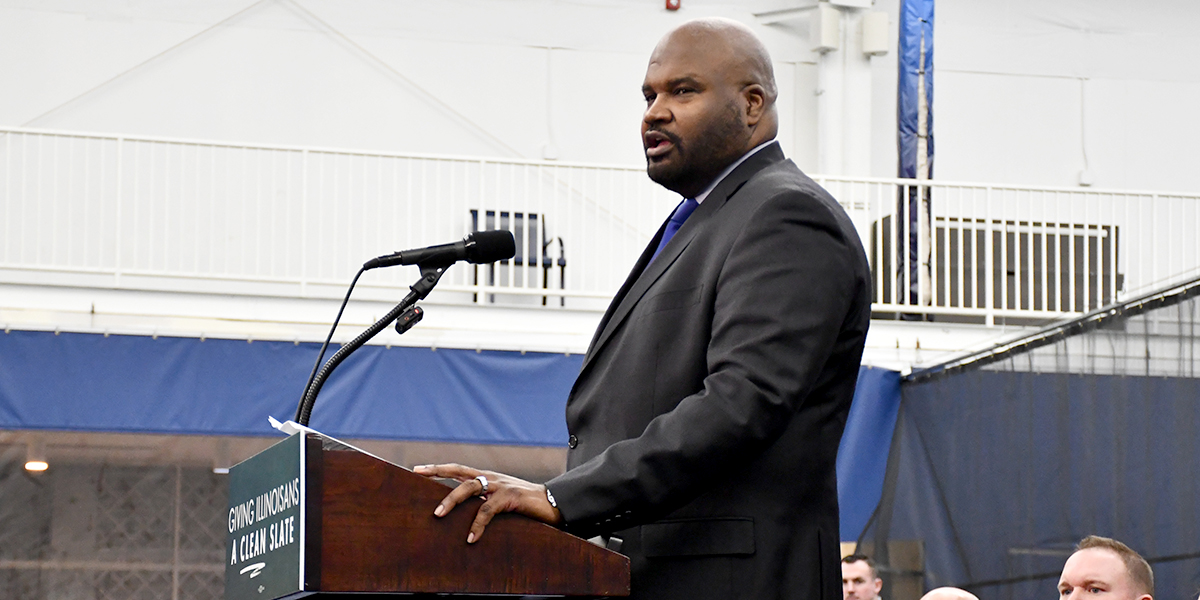
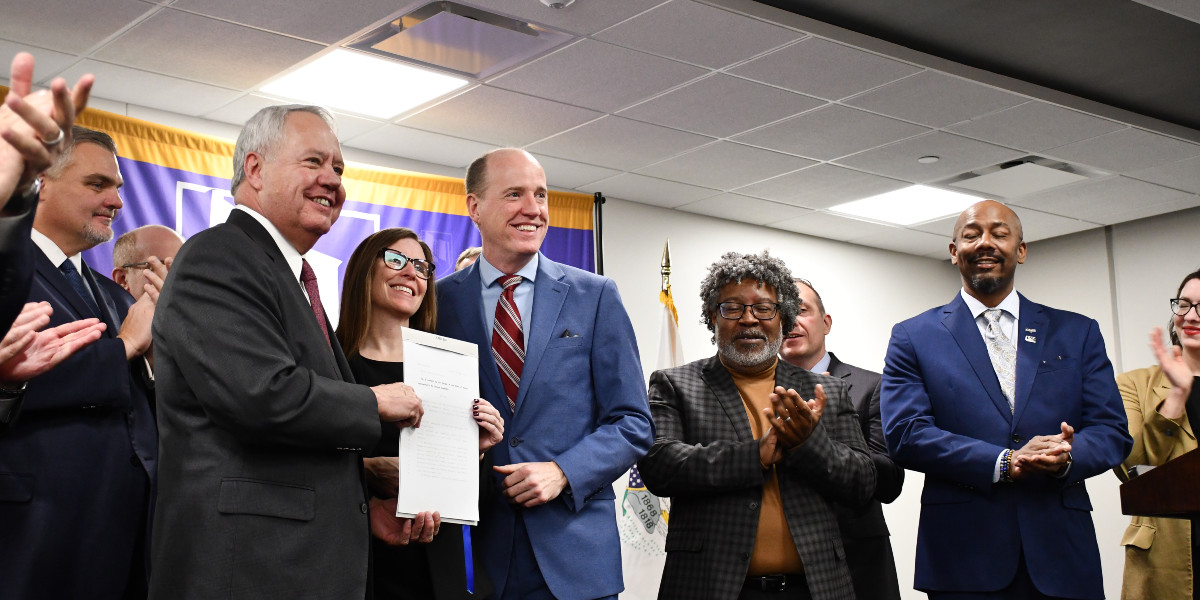
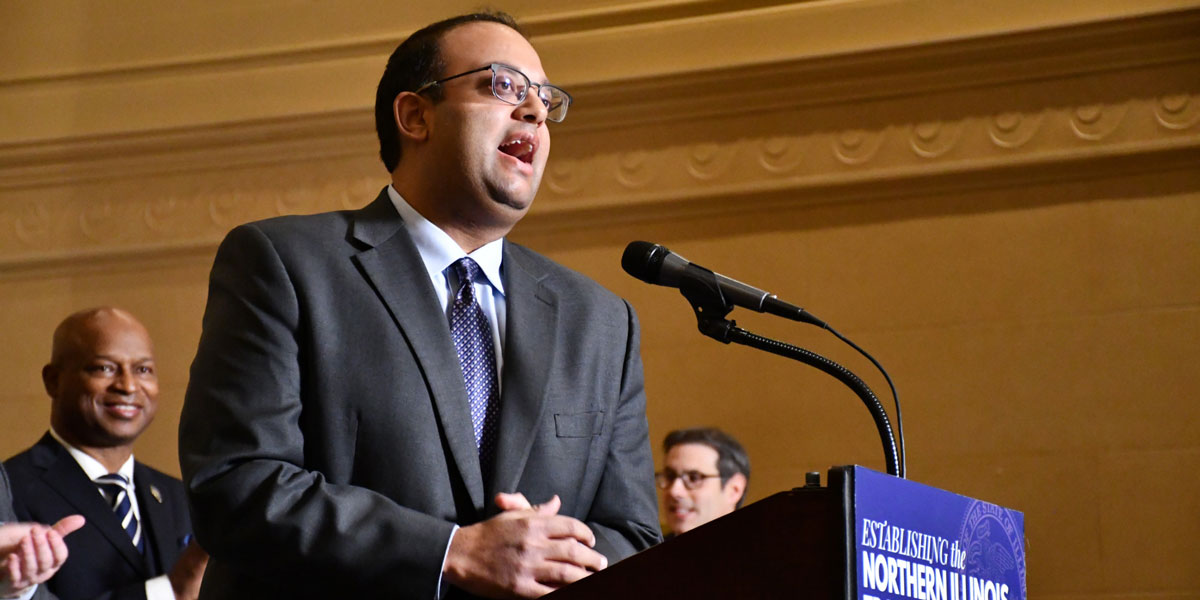
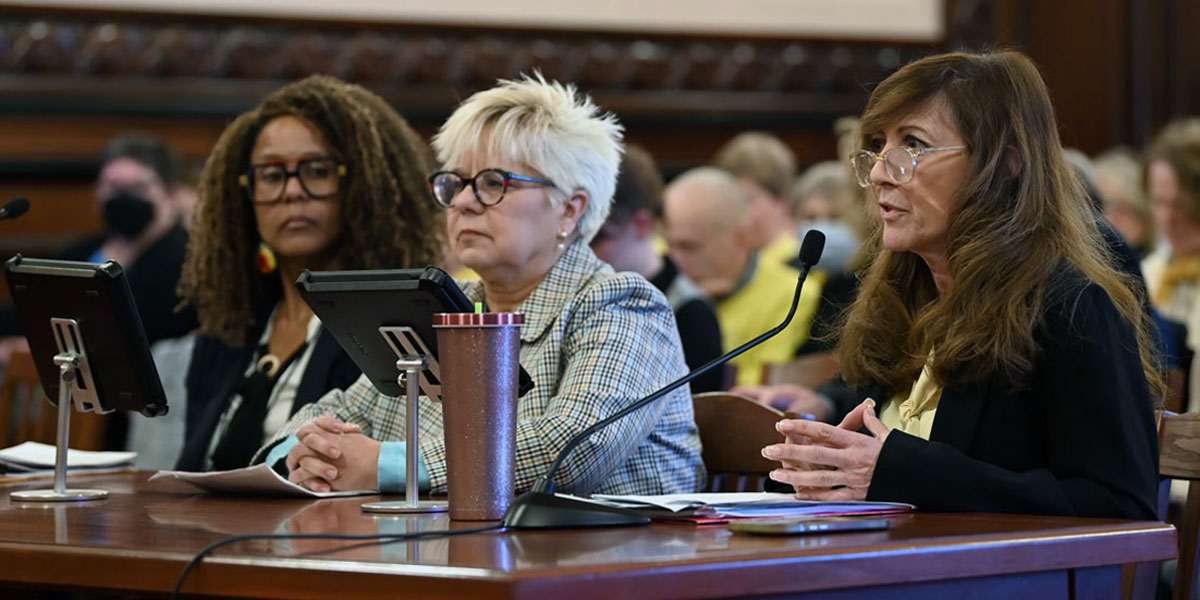


















 © 2026 Illinois Senate Democratic Caucus
© 2026 Illinois Senate Democratic Caucus